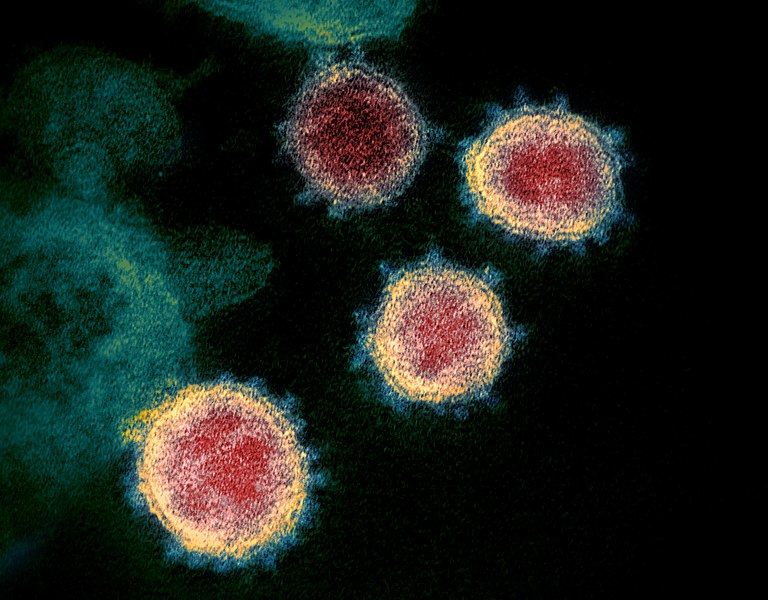In This Section
- Home
- About the College
- Governance
- College Committees & Steering Groups
- College Assembly
- College Council
- College Executive Management Committee
- College Academic Programmes and Curriculum Development Committee
- College Graduate Studies Committee
- College Research & Innovation Committee
- College Teaching Learning and Student Experience Committee
- College Student Recruitment and Outreach Committee
- College Sabbatical Research Leave Committee
- College of SEFS Adjunct Appointments Committee
- International Education Committee
- College Postgraduate Student Committee
- Athena SWAN Steering Group
- College Committees & Steering Groups
- Human Resources
- UCC STEM Awards
- Scholarships and Prizes
- Women in STEM Panel Talks
- Inaugural Professorial Lectures
- Athena SWAN in SEFS
- Proposal Calls
- Contact Us
- Science in Society Public Lecture Series
- Governance
- News
- Staff
- Schools and Departments
- Current Students
- Undergraduate Courses
- Postgraduate Courses
- International Students
- Research and Innovation
- Employability and Careers
- Outreach and Public Engagement
- Science Week
- Transition Year Programmes
Putting COVID-19 infections on the map

Minister for Business, Enterprise, and Innovation Heather Humphreys, TD has announced funding for CO/SMID - a Technological University Dublin (TU Dublin) and University College Cork (UCC) project, which will track COVID-19 clusters based on geo-referenced data to more accurately predict future outbreaks and influence future interventions. The funding was awarded as part of a rapid research response funding call published jointly by Science Foundation Ireland, Enterprise Ireland and the IDA (SFI-EI-IDA).
Led by Dr Paul Hynds, a Senior Research Fellow in the Environmental Sustainability and Health Institute (ESHI) at TU Dublin and Dr Jean O’Dwyer, a Principal Investigator and Lecturer at University College Cork, CO/SMID will investigate retrospective COVID-19 infection data to model potential future outbreaks in the Republic of Ireland.
Describing the CO/SMID methodology, Dr Hynds said, “The CO/SMID project represents an entirely new approach to this ongoing crisis, employing a highly validated, geo-referenced case dataset to track Covid-19 clusters. This will allow us to monitor the effects of significant events and interventions among specific subpopulations, such as in care-homes or smaller regions. By tracking this clustering data retrospectively, we can improve the forecasting of future clusters while making recommendations for future interventions.”
Dr O’Dwyer added that “the current COVID crisis calls for a multidisciplinary research response which blends traditional epidemiology with advanced modelling and geospatial analysis. One of the aims is to further understand how the disease will respond to the easing of restrictions and prompt real-time recommendations for ongoing emergency management and communication”.
CO/SMID, which is due to commence imminently, is a multi-agency project led by TU Dublin and University College Cork, with expertise from the Health Protection Surveillance Centre, the Health Informatics Unit, the Health Service Executive, the National Virus Reference Laboratory and the University of Southampton.
College of Science, Engineering and Food Science
Coláiste na hEolaíochta, na hInnealtóireachta agus na hEolaíochta Bia
Contact us
Block E, Level 3, Food Science Building, UCC, Cork, T12 YN60.
